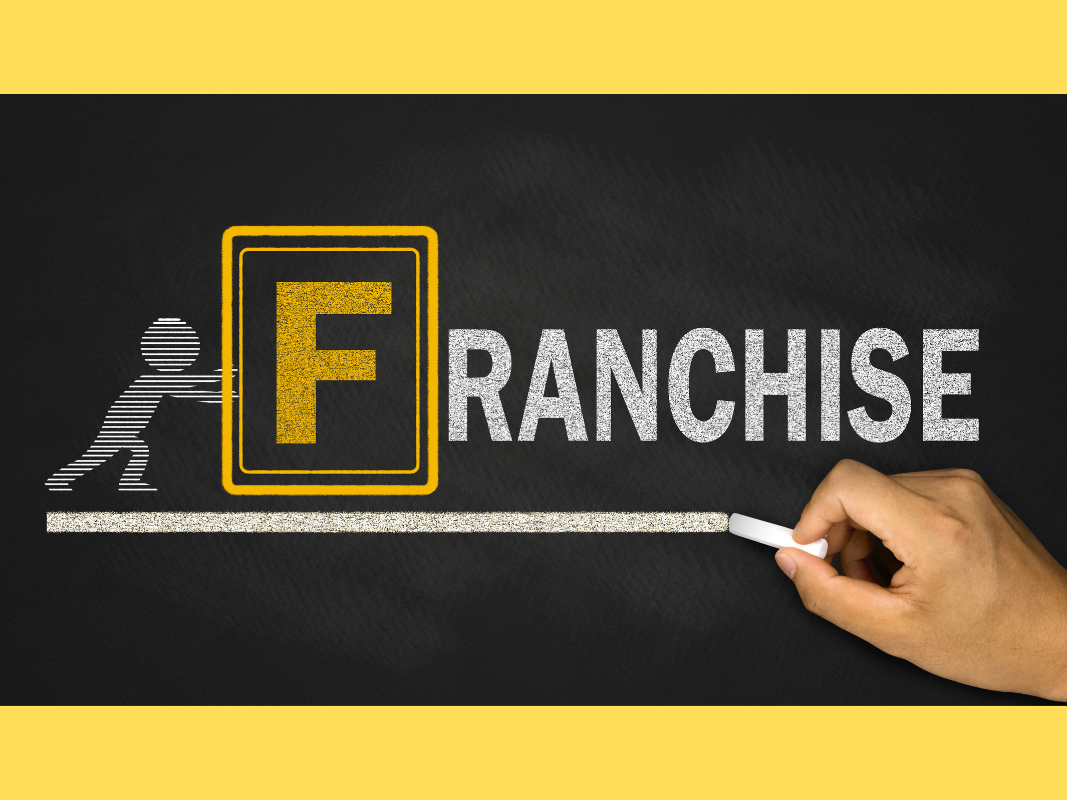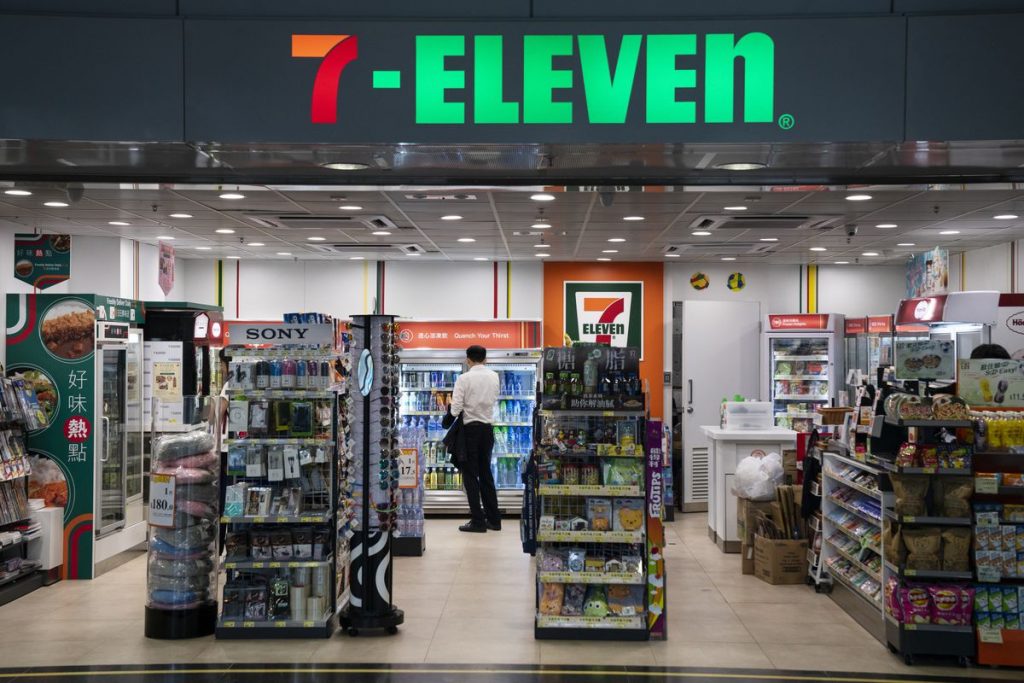

Purchasing a franchise appears to be a simple method to start a business with a good prospect of making money; after all, franchised companies tend to have a lot of market appeal, and thousands of franchise owners are already profiting from the opportunity. The performance of the existing franchisees in the system, as well as how frequently and under what circumstances the franchised units are turning over, is the best predictor of your success in a mature franchise system rather than how quickly the system is growing.

Individuals have a variety of alternatives when it comes to starting a business. There are two options: create a new firm from scratch or join an existing franchise. Decisions can be made based on a variety of variables. However, opening a franchise is always a better and more stable alternative. It is, in many respects, less hazardous than establishing a business from scratch with your idea, but is it generally better than starting your business?
Brand awareness is one of the variables that will help you pick between. A startup firm may lack brand equity, but when it comes to a franchise, consumers are already familiar with the brand and its offering, as well as the assurance of trustworthiness and quality. One of the most significant benefits of purchasing a franchise is that you will spend less time and money beginning your firm. Even if your firm is fresh new to an area, the franchise brand’s reputation can generate the initial word-of-mouth promotion that is so important to success. As a result, the odds of success will be considerably better.
Equipment and supplies are other things to consider. When it comes to a starting firm, the owner is responsible for arranging all of the supplies that must satisfy high-quality requirements as well as negotiating the best possible prices, however in a franchise, you only have to spend the money and the franchisor will handle the rest. Financing is a crucial consideration. To start a firm, the owner must invest a significant sum of money in retail, space, marketing, and equipment. Franchises, on the other hand, demand significant investments, but they have an advantage because franchisors are more likely to lend for an established brand than for a new one.

A startup company will need to invest more in marketing and advertising, with no certainty of a return on investment. When it comes to franchises, you’ll gain a dedicated customer base in addition to a well-known brand. With the franchise’s name recognition, there is an immediate sense of trust. You will also receive advice and assistance from the franchisee on how to create and implement excellent campaigns of your own. Depending on their size and capabilities, they may also create a marketing plan that includes a market study, strategy, sales projection, and budget to assist you in marketing the business. In a starting firm, the owner must conduct preliminary research and develop a detailed estimate for all supplies, equipment, and office space requirements, which may or may not turn out to be accurate, leading to financial and potential loss. And, because a franchise is a duplication of a firm, all of the criteria are already addressed ahead of time, allowing business activities to commence in a relatively short period.
When opposed to a startup, the ROI on a franchise is faster because startups might take a long time to create a customer base and a brand name. Franchisees are frequently given ongoing help by franchisors to safeguard their brand reputations. Field support specialists are also provided by franchisors to keep businesses on track and groom owners as leaders. The risk factor in a franchise is substantially lower than it is in a starting business. To begin their business, every company needs to obtain a vast range of licenses and rules. Your franchisor will provide you with extensive support and guidance if your business is a franchise. Your franchisor will assist you in overcoming these obstacles. Many franchisors also give all of the necessary startup packages (including equipment, supplies, and training), and the franchisee is responsible for putting the plan into action. Buying a franchise gives start-ups the best of both worlds: independence and control.
Buying a franchise is usually preferable to starting a new business from scratch. When compared to the proprietors of a startup business, franchisees are more likely to become successful entrepreneurs. Starting a business from the ground up can be exceedingly tough. Many obligations come with beginning a business, such as building a solid firm, but there are numerous benefits to investing in franchises.



